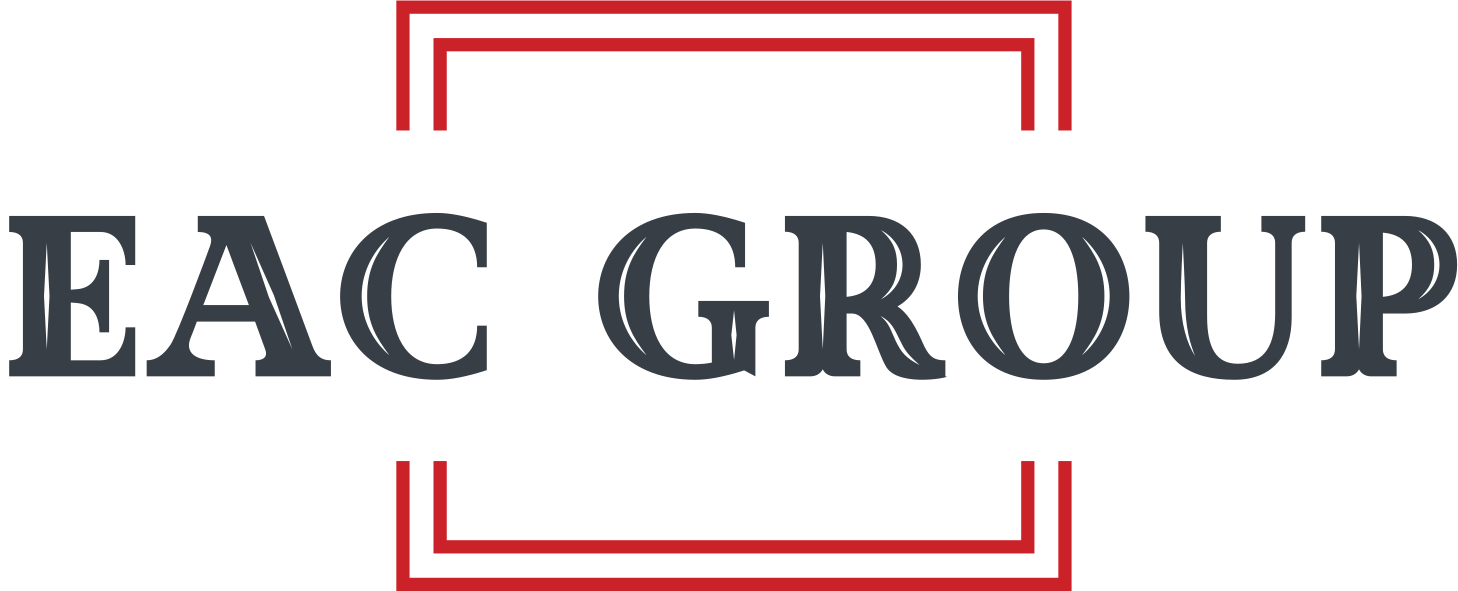Development of Technical conditions
Development of Technical conditions
What are the technical conditions being developed for?
What are the technical conditions being developed for?
Technical specifications are the regulatory framework according to which the manufacturer produces and sells products, and the customer (consumer) accepts them. On the basis of technical specifications, passports are issued, declarations are drawn up, all types of certifications are made – mandatory, voluntary, fire, etc.
The development of technical conditions is carried out on the initiative of the manufacturer or can be carried out according to the requirements of the consumer (customer). In the accompanying documents and when labeling products, the designation (code) of the technical specifications for which it was released is given, so the consumer can check the compliance of the characteristics of the goods with the standards stated in the documentation and make claims in case of their deterioration. All disputes are resolved only on the basis of the sections of the technical conditions, so the customer can not return the batch of goods if he violated the rules of transportation, storage or incorrectly took samples.
The content of the technical conditions
The basic documents for the development of technical specifications are the standards of the unified system of design documentation, the main GOST 2.114-95, which defines the sections of the technical specifications and the rules for the design of the document.
The technical conditions contain the following sections:
1) Introduction-the name of the product is indicated, the purpose and possible applications are briefly listed, at the end an example of recording the technical specifications in other documentation is given.
2) The section "Technical requirements" consists of subsections that define: the
- main characteristics and their technical standards;
- requirements for input components (raw materials, components, etc.); batch
- size, product configuration;
- labeling rules (it is listed what is indicated on the individual and packaging labels);
- packaging rules (for a single unit, a group of goods and the entire batch);
3) The safety requirements of the technical specifications contain the hazard classes and MPC of substances formed during production, describe the safety rules — electrical, fire, radiation, etc.
4) Environmental protection – provides information about the permissible level of exposure to harmful factors on the environment, indicates the methods of disposal of products.
5) The rules of acceptance and methods of acceptance tests-regulate the procedure for sampling, their volume and determine the methods of control.
6) Section "Transportation and storage" - indicates the type of transport allowed for the transportation of substances, products, and describes in detail the requirements of the technical conditions for the storage mode.
7) Operating conditions and information about the guarantees issued by the manufacturer.
Depending on the type of product, its features, the development of technical specifications can be supplemented with sections, in the technical conditions it is allowed to provide some of the information in appendices. The designation (cipher) of technical conditions is also strictly regulated during development, moreover, in mechanical engineering and instrument engineering, its own designation order is adopted, for substances-a different system.
